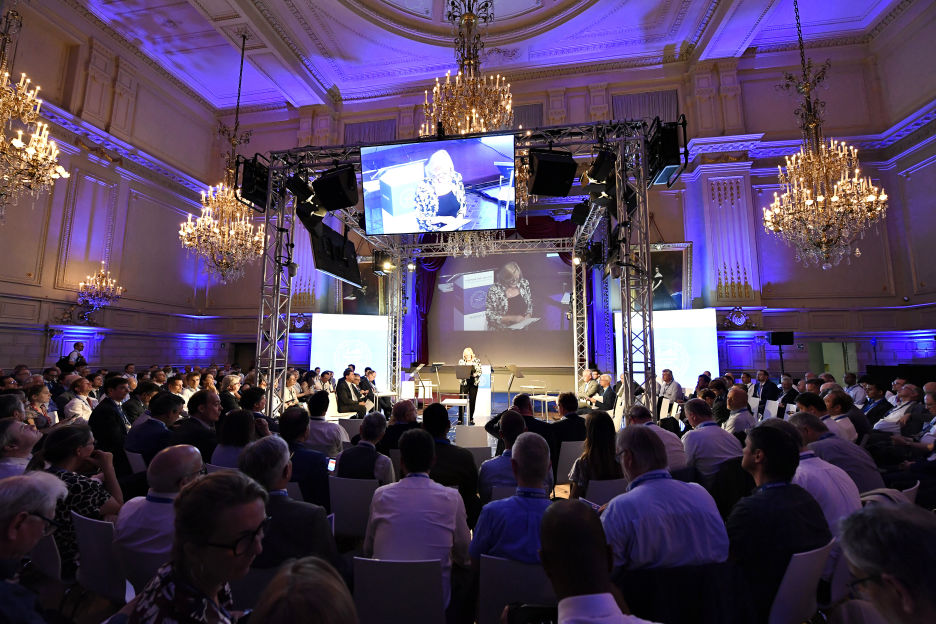CEMBUREAU, EUROFER, EUROMETAUX, EUROPEAN ALUMINIUM and FERTILIZERS EUROPE represent the four
industrial sectors proposed by the Commission to be included in the scope of the EU Carbon Border Adjustment
Mechanism (CBAM)– cement, steel, aluminium and fertilisers.
Properly addressing the issue of carbon leakage is critical to avoid a situation where the EU’s climate ambitions
lead to an overall increase in global emissions. Such an outcome would undermine the entire “Fit for 55 Package”,
a package intended to deliver EU’s climate targets and promote green industrial growth. While the European
products are already cleaner than our major global competitors, we still face unilateral carbon costs. As long as
competitors in third countries are not subject to equivalent carbon costs and constraints, carbon leakage remains
a major threat for the EU Green Deal, even more with the very high carbon price expected by 2030.
Having thoroughly analysed the measure, we focus on 4 key issues without which CBAM will not be effective in
preventing carbon-intensive imports nor promote comparable carbon pricing in third countries.
- Maintain the current carbon leakage framework until 2030 to test the CBAM, smoothen the impact on
value chains and trade flows and ensure EU industry focuses resource on investment;
- Include a solution for European exports;
- Strengthen and extend anti-circumvention provisions;
- Improve design parameters (e.g., default values) and governance for a water-tight CBAM.
Full text available below.







